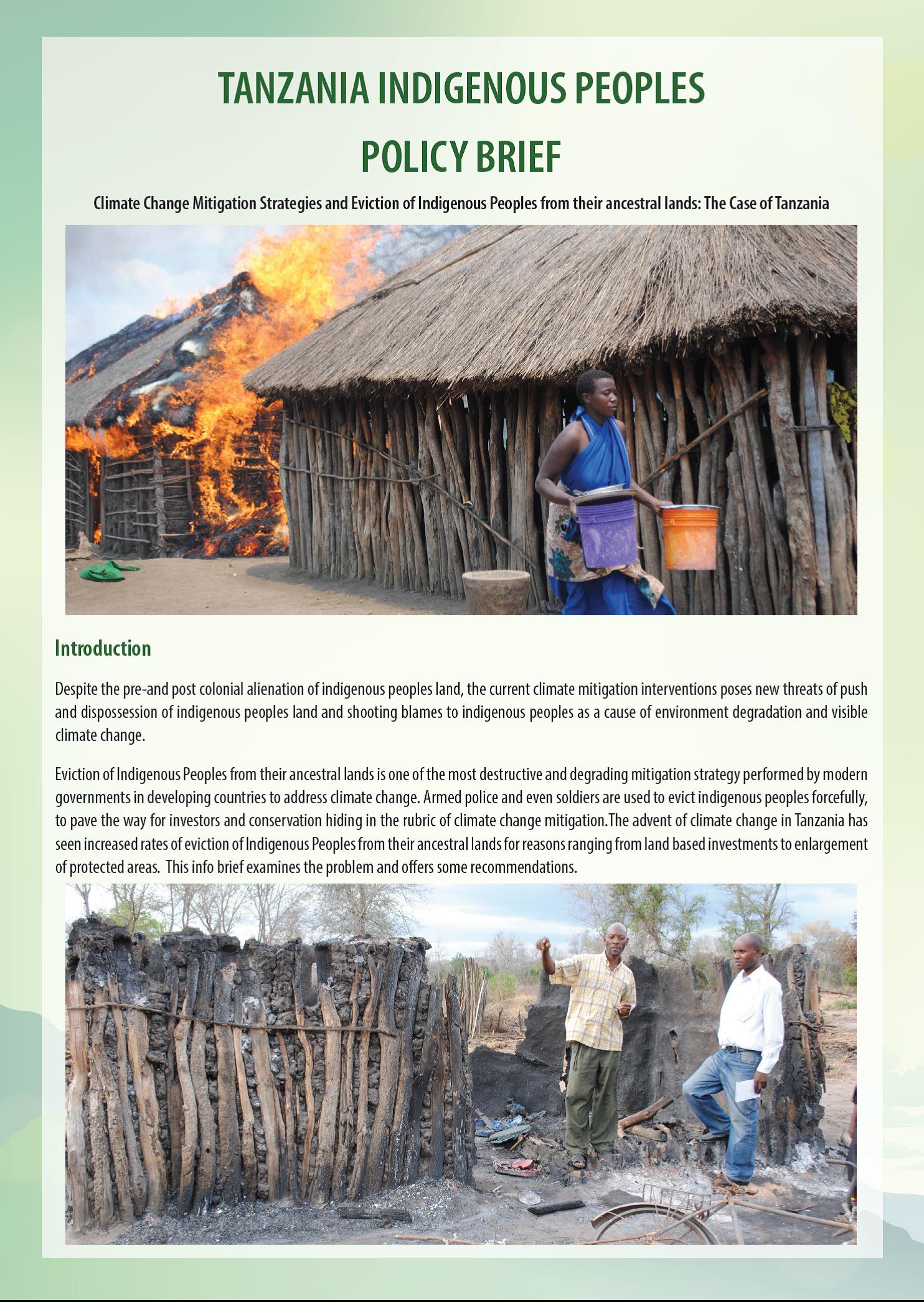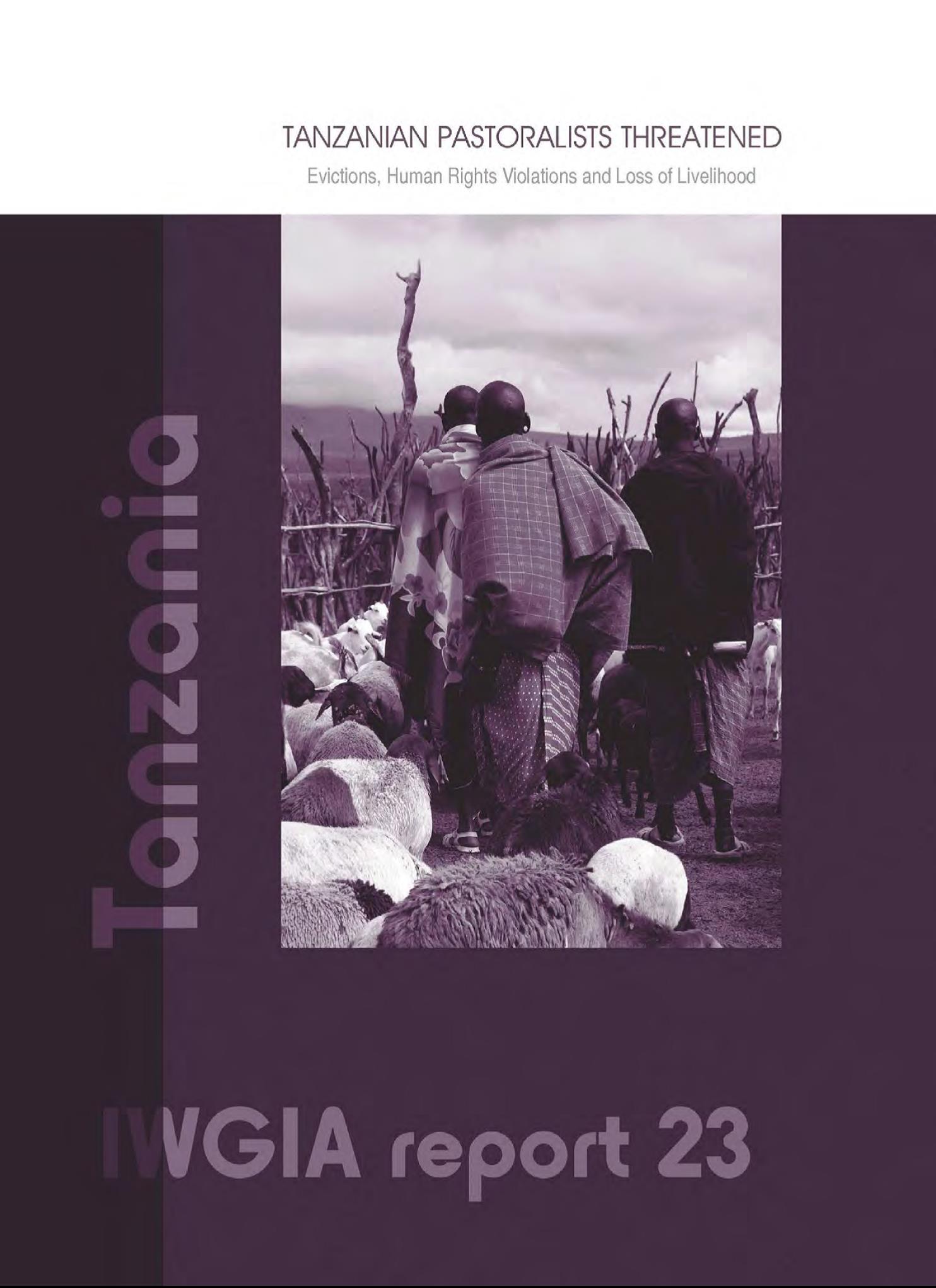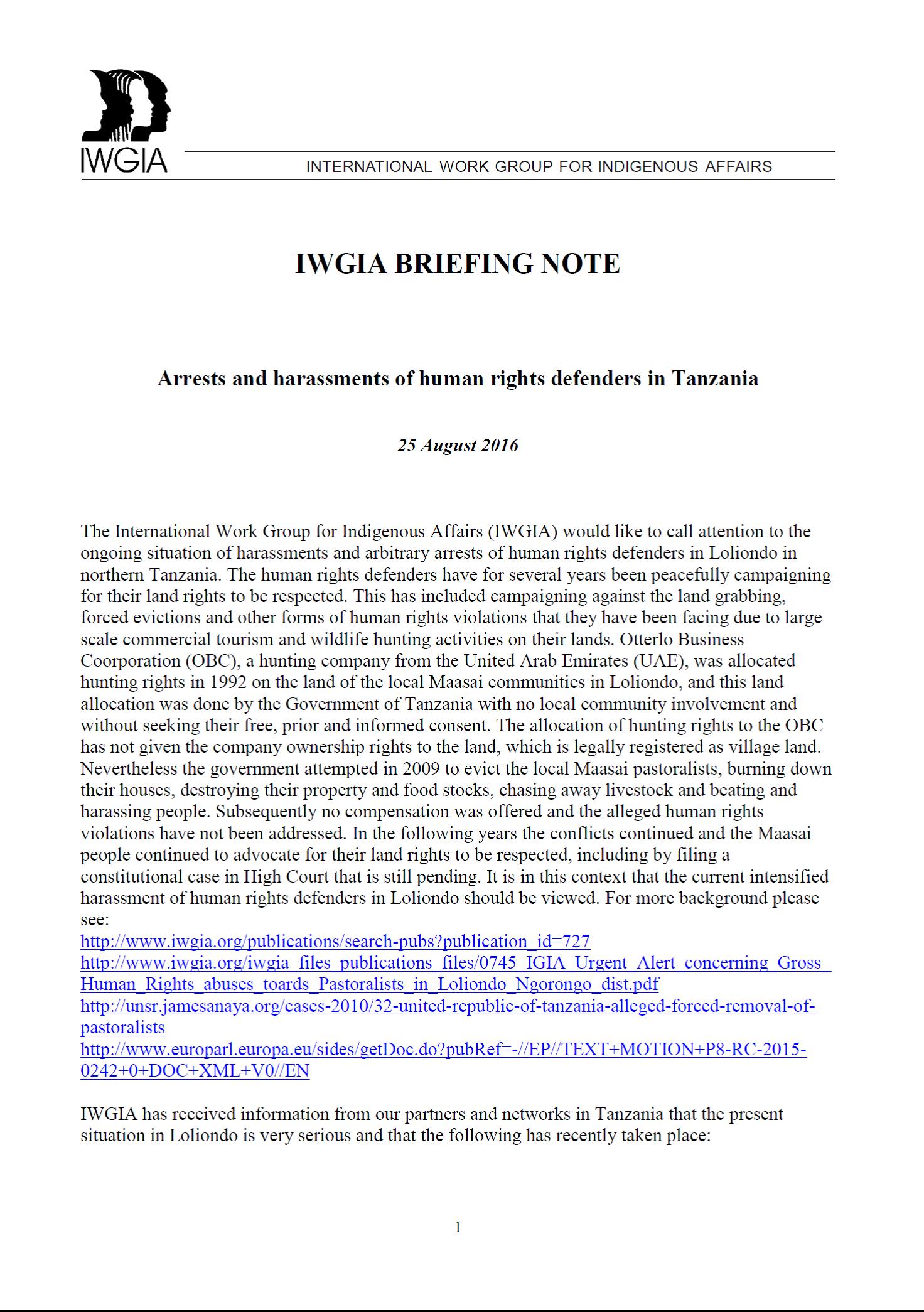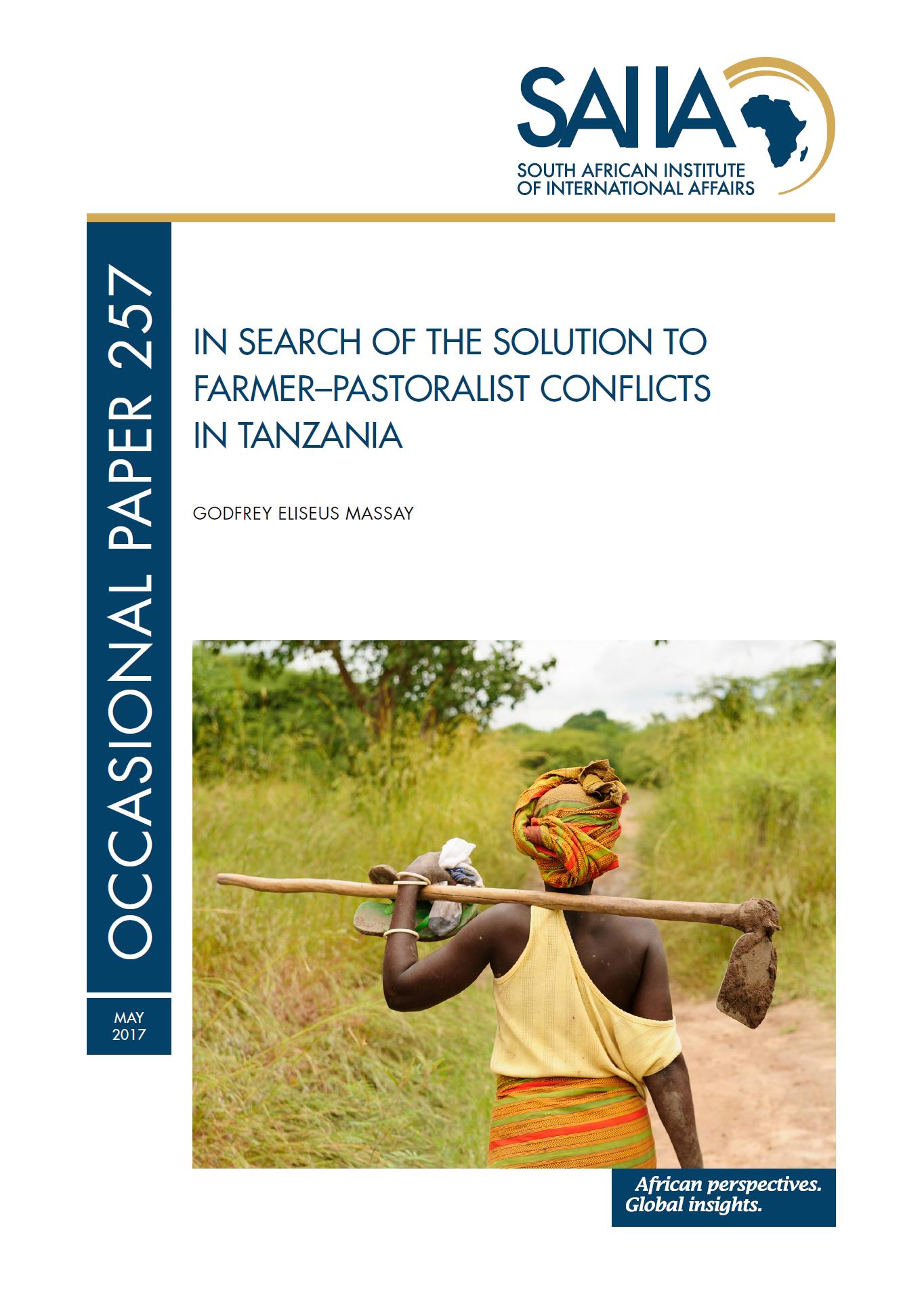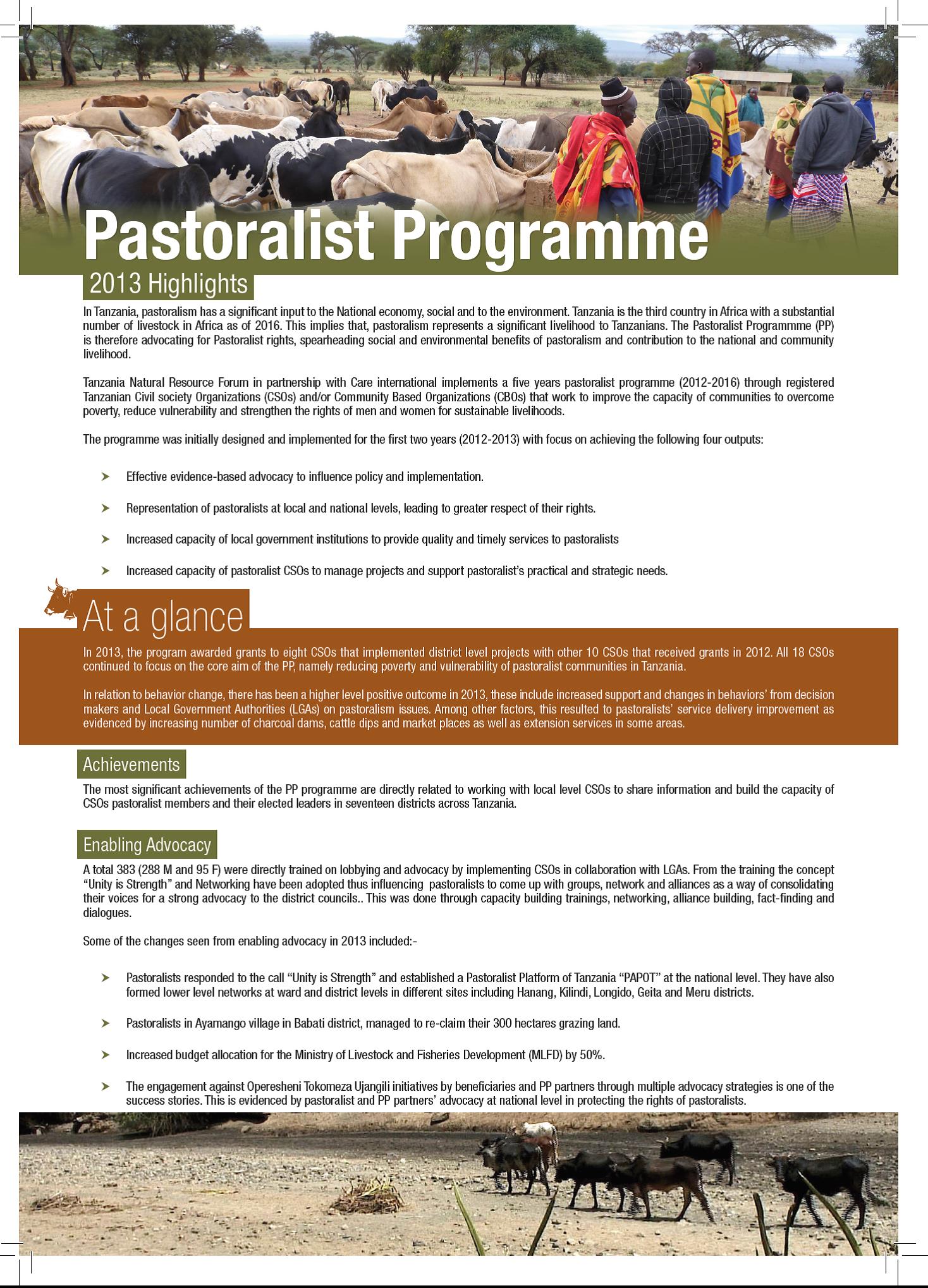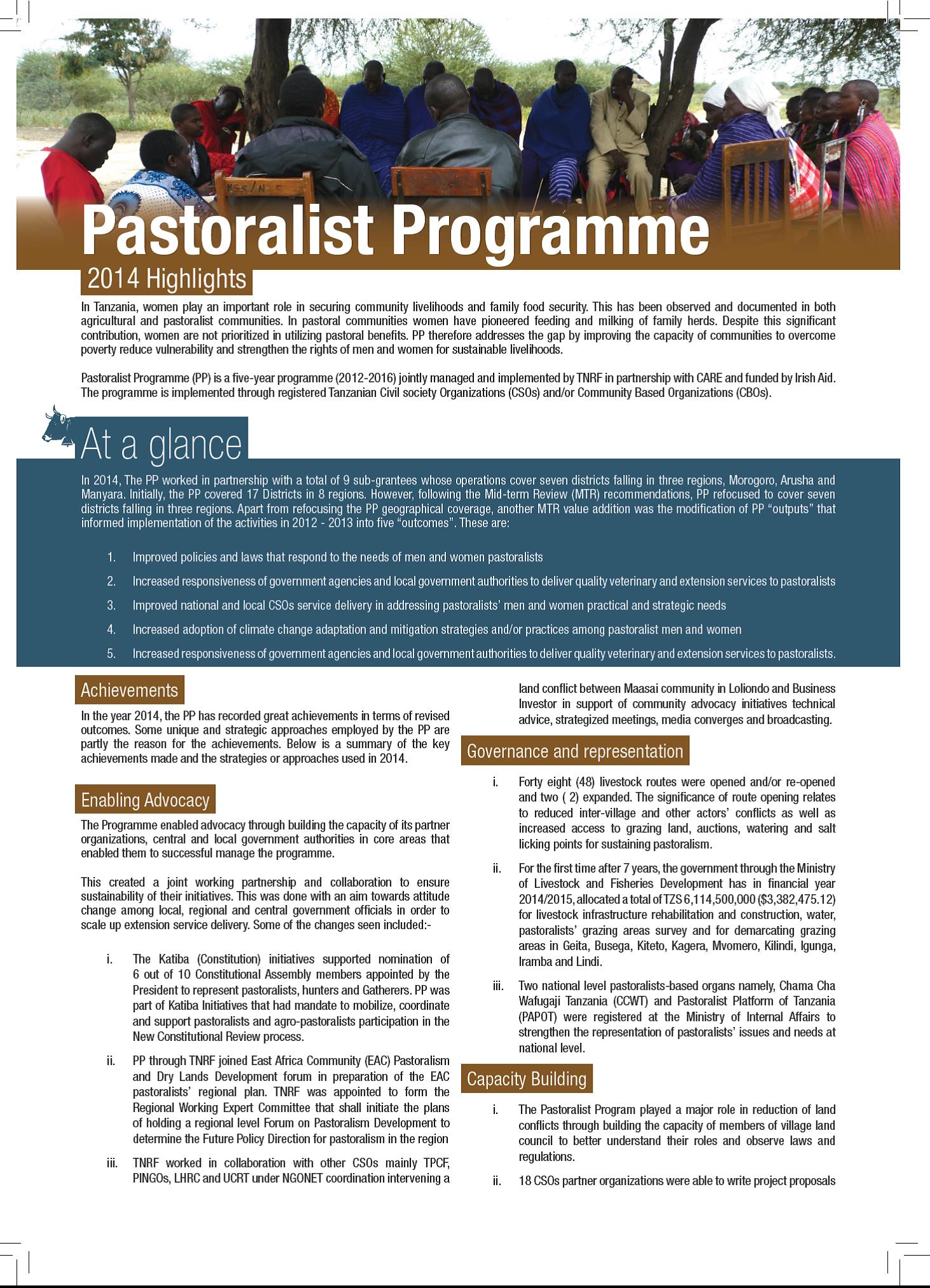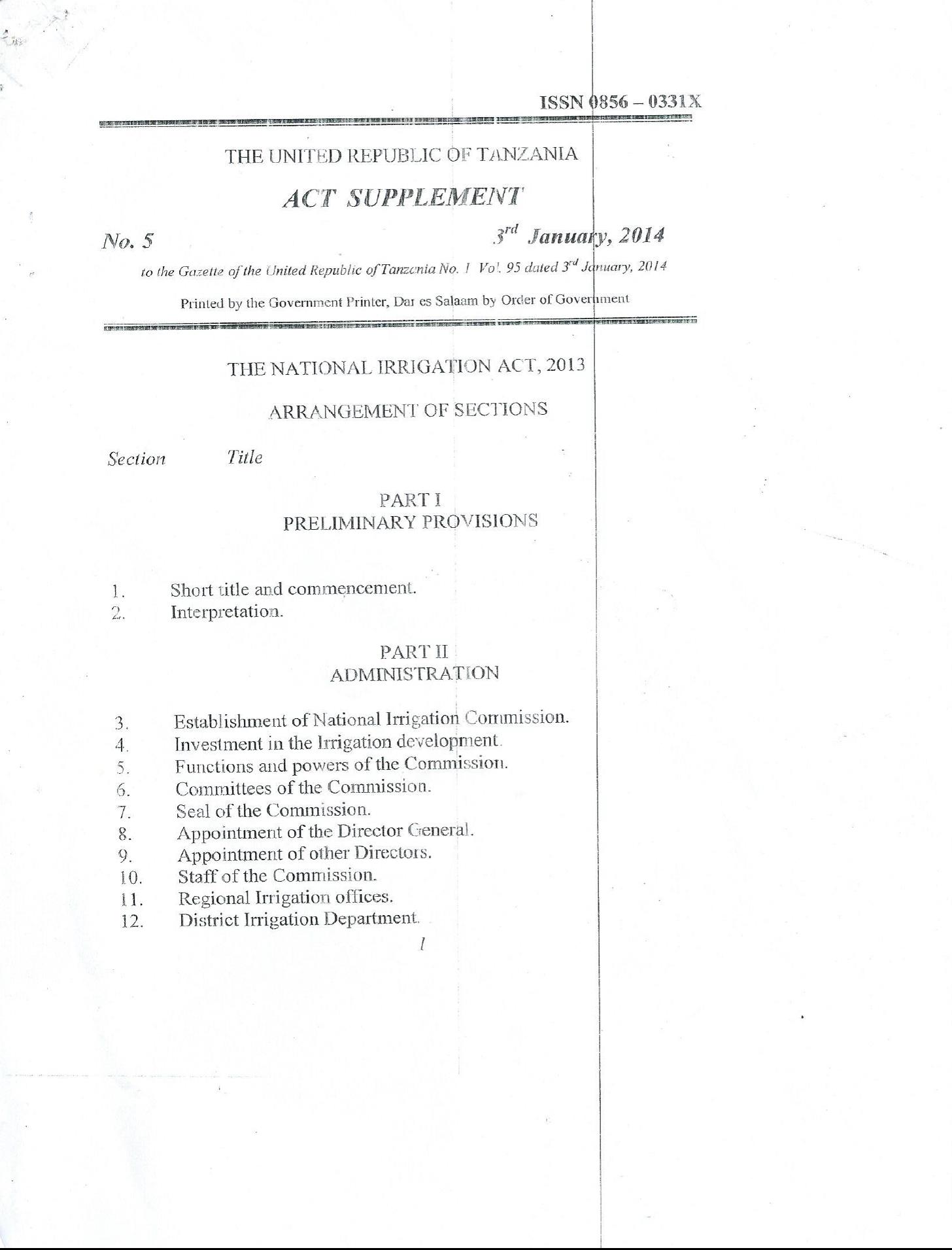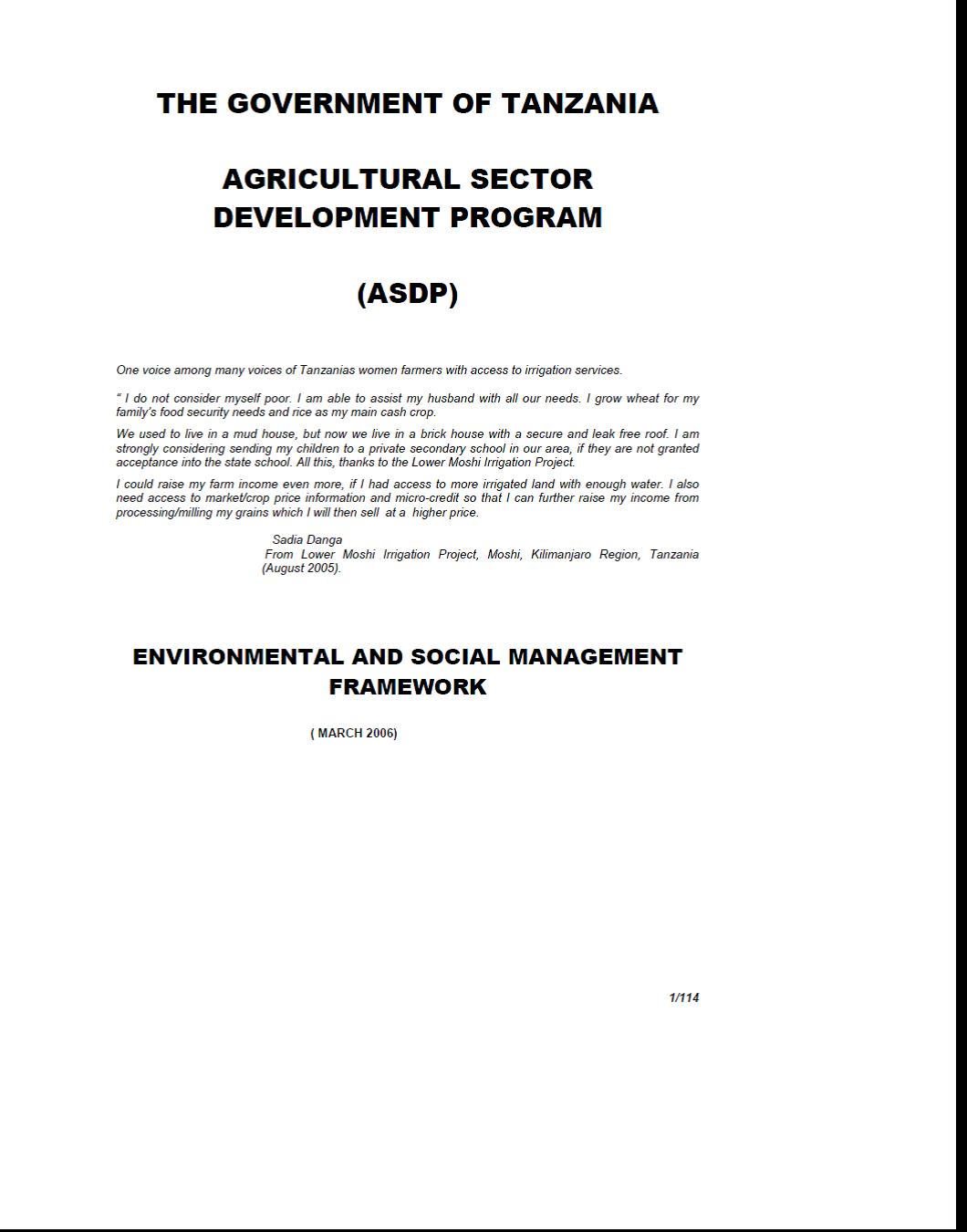Pastoralist Knowledge Hub: Bringing pastoral voices to the global stage
The Hub brings together pastoralists and international actors to ensure that pastoralists’ concerns are integrated into the international policy dialogue. It is the first comprehensive initiative to attempt this.

